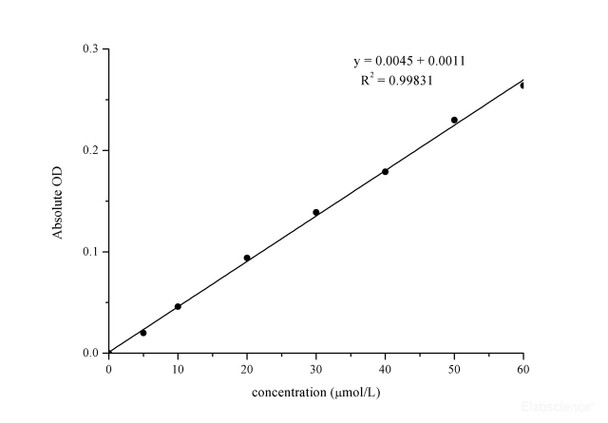Copper is essential to all living organisms as a trace dietary mineral because it is a key constituent of the respiratory enzyme complex cytochrome c oxidase. In molluscs and crustaceans, copper is a constituent of the blood pigment hemocyanin, replaced by the iron-complexed hemoglobin in fish and other vertebrates. In humans, copper is found mainly in the liver, muscle, and bone. The adult body contains between 1.4 and 2.1 mg of copper per kilogram of body weight. Copper is involved in many biological processes, including enzyme reaction, nucleic acid synthesis, antioxidant defense, iron metabolism and immune function. Copper deficiency can affect the metabolism of bone and cholesterol and cause cardiovascular disease. Excess copper is associated with the damage of lung, kidney and liver.





